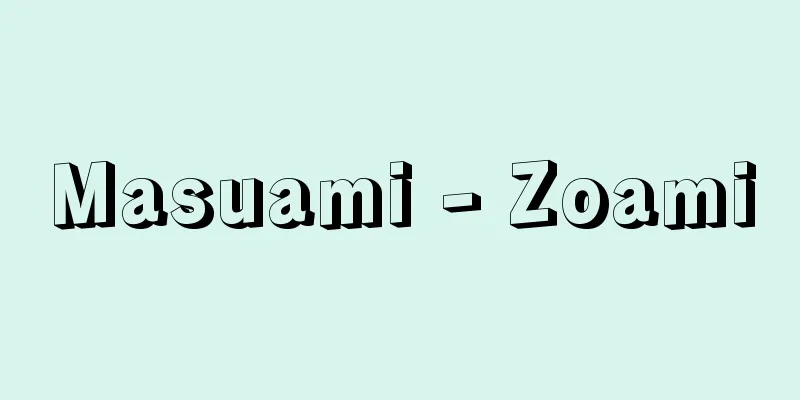British Empire

|
An unofficial name for the British overseas territories. At its peak in the late 19th century and early 20th century, it covered almost one-sixth of the world's land area. Historically, it can be divided into two parts: the "Old Empire" up until the Treaty of Paris in 1783, when the independence of the United States was recognized, and the part after that. The former was formed by the Caribbean region and North American colonies against the backdrop of the Age of Discovery, but it was established by winning the colonial battle with France in the 18th century and adding Canada and the Bengal region of India. However, the "Old Empire" was forced to collapse soon after its establishment due to the independence of the United States, and the center of gravity of the empire was sought in India. Moreover, in the late 19th century, it took advantage of its overwhelming industrial power after the Industrial Revolution to expand its economic control rather than its political control, and effectively included South America, China, and other areas under its control. The term "unofficial empire" is sometimes used to refer to these regions. During the imperialist stage from the end of the 19th century onwards, Britain engaged in fierce struggles for dominance with the great powers in Africa and the Middle East, while at the same time taking measures to prevent the dissolution of the empire, such as recognising colonies with a predominantly white population as self-governing territories. However, in the 20th century, the empire was restructured into a Commonwealth, but after World War II, many of the colonies, including India, gained independence and the empire was dissolved. → Commonwealth of Nations Source : Heibonsha Encyclopedia About MyPedia Information |
|
英国の海外領土を含めた非公式な呼び名。その最盛期の19世紀後半から20世紀の前半においては,地球上の土地のほぼ6分の1がこれに属した。歴史的にみれば,アメリカ合衆国の独立が承認された1783年のパリ条約までの〈旧帝国〉とそれ以降の2つに分けられる。前者は大航海時代を背景にしてカリブ海地域と北アメリカ植民地がその主体をなしていたが,18世紀のフランスとの間の植民地争奪戦に勝ってカナダ,インドのベンガル地方が加わり成立した。 しかし〈旧帝国〉は成立の直後にアメリカ合衆国の独立によって崩壊を余儀なくされると,帝国の重心はインドに求められ,しかも産業革命後の圧倒的な工業力にものをいわせて,政治的な支配地域の拡張よりも経済的な支配を拡大させて南アメリカ,中国などを実質的に支配圏にいれたのが,19世紀後半のことであった。これらの地域をさして〈非公式の帝国〉という用語が使われることもある。 19世紀末以降の帝国主義の段階ではアフリカ,中近東において列強との間に激しい争覇戦を繰り広げると同時に,白人を主体とする植民地を自治領として認めるなど,帝国の解体を防ぐ手段が講じられた。しかし20世紀に入って,〈コモンウェルス〉(連邦)への編成替えが行われたものの,第2次大戦後,インドを初めとする植民地の多くは独立して帝国は解体した。→イギリス連邦
出典 株式会社平凡社百科事典マイペディアについて 情報 |
<<: British Museum - British Museum
Recommend
Calico (goldfish) - Calico
...Depending on the color, Demekin are divided in...
Agricultural Land Law -
In a broad sense, it can mean laws related to far...
SOPHIA
A Japanese rock band. The members are Mitsuru Mats...
Yonkers - Yonkers (English spelling)
It is a suburb of New York City in the southeaste...
Masjed-e Jom'e (English spelling)
A mosque in Isfahan, Iran. A masterpiece of Seljuk...
Oonogawa River
It originates near Mt. Sobo (Miyazaki side) which...
Mauretania (English spelling)
The ancient Roman name for the region from Ampsaga...
Iu - Oh
…The legend of the origin of the place name “Ou” ...
Miliary tuberculosis
This is a condition in which tuberculosis bacteria...
Kano Risei
Born: November 25, 1900, Tokyo [Died] January 13, ...
Magnetostriction - Jiwai (English spelling) magnetostriction
Also known as magnetostriction. The phenomenon in ...
Weather by month / year - Uonzu
A composite graph showing monthly changes in preci...
Vologeses VI (English spelling)
…In the second half of the 2nd century, Seleucia ...
hagiographia
…Medieval hagiography was not a historical biogra...
Suppressed cultivation - Yokuseisaibai
This refers to a cultivation method that allows c...









